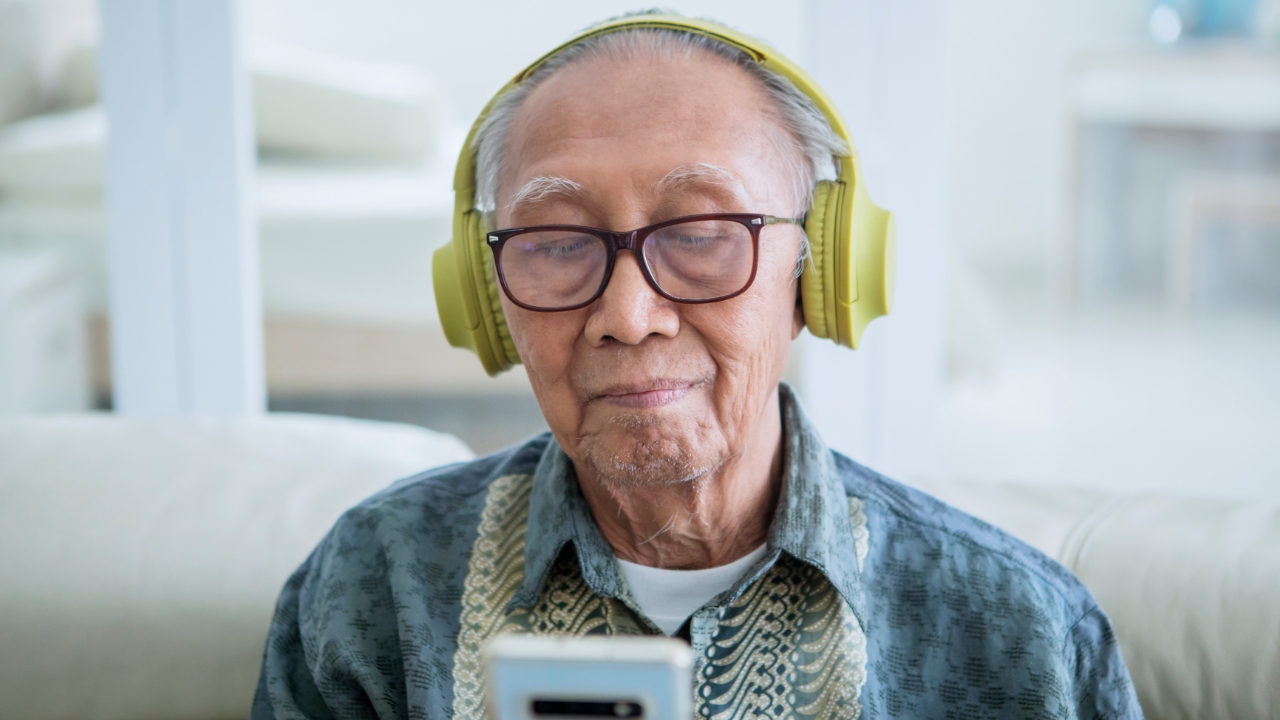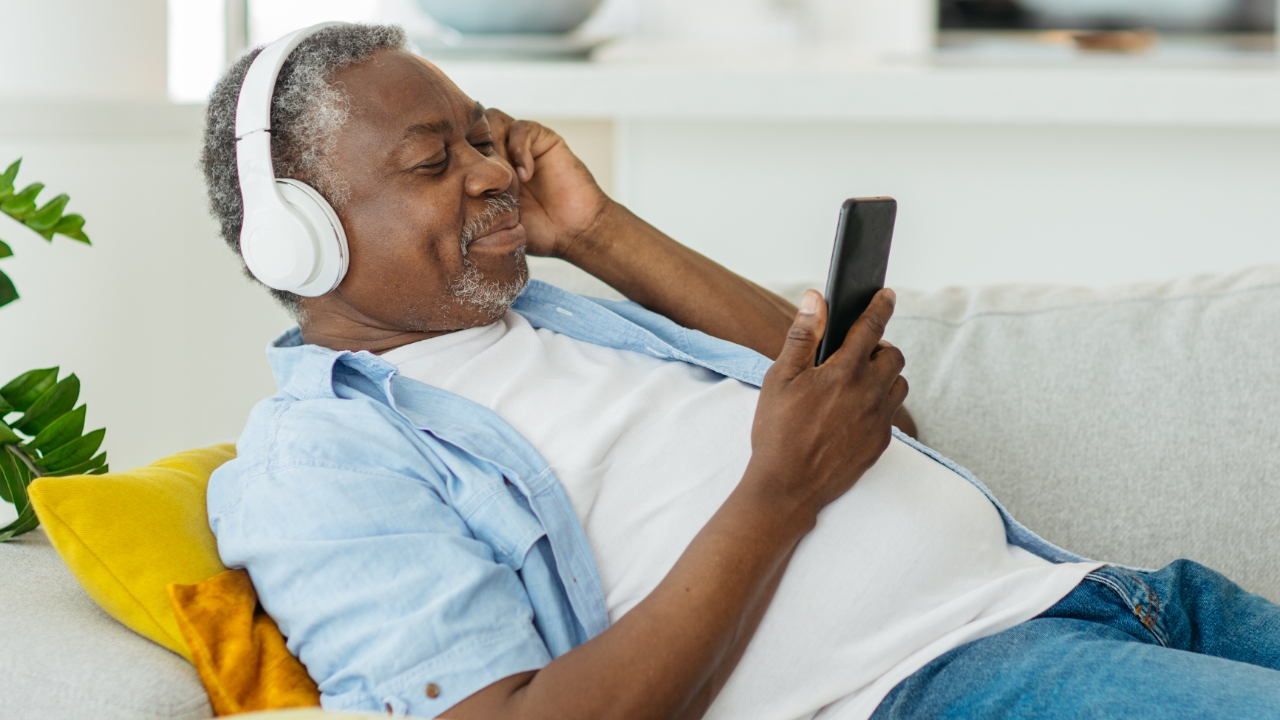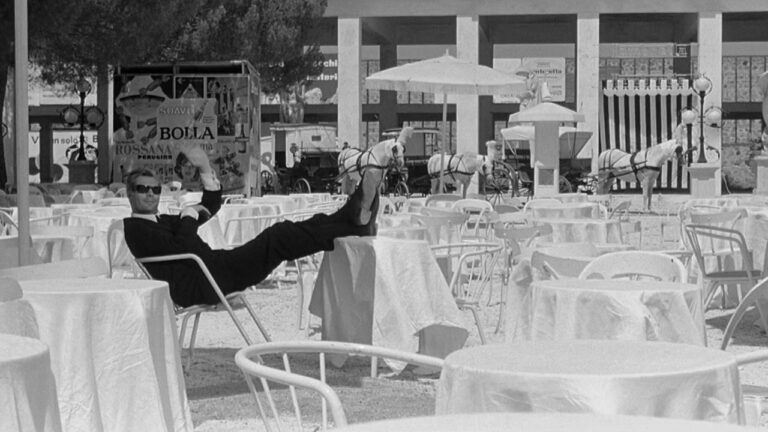13 Realities of Getting Older That People Don’t Talk About

Aging is unavoidable, and we know or assume many things it entails. But, there are many realities of getting older that people don’t talk about.
We’re here to change that and talk about the facts of aging that you may not hear from anyone else. When you know what to expect, you’ll have an idea of how to handle the changes and won’t be as afraid of them. Plus, if you spend time around an older person, you can better understand them and what they’re going through.
You might have other ideas for things on this list in mind, but we focused on the things that affect a majority or that people may not have known before.
1. Everyone Ages Differently

Many believe that getting older affects everyone in the same way. However, everyone ages differently, and recognizing this part of aging is essential.
The things that affect others as they get older — such as healing loss, joint pain, or memory issues — may not affect you. Likewise, the issues you experience may not be what others go through. Remembering this can help you be mindful and empathetic of those around you as they handle changes.
2. You’ll Get Shorter

As you age, the spaces between your vertebrae get closer together. Your vertebrae are the bones in your spine, meaning as these spaces get closer, you’ll gradually get shorter.
You may not notice it for decades, but eventually, you’ll recognize that you’re getting just a little shorter. The shrinking space happens to improve your balance, posture, and stability. It’s also how your body shifts to protect your spinal cord.
3. You May Not Lose Your Memory

Memory loss is often considered a sign of aging, but that’s not necessarily the case. Brain and mental exercises can help boost your memory, so consider reading, volunteering, playing games, or doing puzzles.
Some people experience memory loss disorders like dementia or Alzheimer’s disease, but it’s not as common as many believe. Research indicates only 3% of people between 65 and 69 get diagnosed with dementia. The number increases with age, but it isn’t something everyone experiences as they age.
4. Your Self-Esteem May Decrease

After 60, your self-esteem may take a hit. Between health issues and a lack of purpose after retiring, many people feel lost and unsure of themselves.
Other problems that could affect your self-esteem as you get older are changes in your appearance and physical strength. Staying social, prioritizing your health, and staying active can help.
5. You Can Keep Learning

No matter how old you get, you can keep learning new things and developing skills. Experts suggest that learning new things can improve your memory and brain health.
Learning and keeping your mind active can boost cognitive function long-term. Consider a new hobby or learning more about the things you like to do so you can mix fun and learning during aging.
6. You Might Experience a Change in Smell and Taste

As you age, you might gradually lose your sense of smell and taste. It sometimes happens because of allergies, medications, or fewer tastebuds working properly.
Loss of taste and smell could lead to less enjoyment of food or make you crave less of your old favorites. If you experience this, using seasonings such as cumin, garlic, and citrus can strengthen the flavor of your food without making it unhealthy.
7. You Could Become Happier

There’s a long-standing theory that people get grumpier or depressed as they age, but research shows this isn’t the truth. The reality is that through your 60s, you’re more likely to be happy and less likely to get angry about things.
The reason for this boost in mood is unknown, but it could be related to controlling emotions better. Another theory is that you learn to make the most of every situation as you age.
8. You Might Break a Bone

Osteoporosis can make your bones more fragile and likely to break. It’s more common in women but can affect men, as well. Men are less likely only because their bone density is higher from the beginning, but their bone mass does decrease at the same rate as women’s.
You can decrease the risk of bone fractures by making sure you have enough calcium and vitamin D and getting enough exercise. Family history can play a role in osteoporosis, so some are more likely to experience it than others.
9. You’re More Likely to Fall

Getting older doesn’t mean you’ll fall or that falling is an anticipated sign of aging. But, as you age, your fall risk increases, with research showing that one in four older people admit to falling yearly.
Although you’re more likely to fall when you’re older, it doesn’t have to be inevitable. You can reduce your risk by wearing comfortable footwear with proper support, having uneven steps repaired, and removing clutter from your home.
10. Hairs Appear Everywhere

As you get older, the hair on your head may start thinning. When this happens, you may think it’ll happen everywhere in your body. But, the reality is that hair can appear in different places as you age.
You might notice hairs in your nose or ears, and women could find them on their chins. This change is related to genetics or shifts in your hormone levels.
11. You’ll Have Unexplainable Pain

Many mysteries accompany aging, like why some body parts hurt for no reason. Plus, when something hurts, the pain can linger for days, no matter what you do.
Taking it easy on your body would be an obvious solution. But, it’s hard to recognize when you’re overdoing it, especially when you’re not even sure how you got hurt in the first place.
12. You’ll Wake Up Early

As you get older, you start going to bed and waking up earlier than before. You’ll also experience more sleep disturbances, sometimes leading to a lack of sleep since you wake up early regardless.
To avoid a lack of quality sleep, implementing a bedtime routine can help. A routine helps your body recognize when to slow down and rest.
13. You Can Experience Adult Acne

Even if you didn’t have acne as a teen, you might get it as you age. Adult acne is a sign that we must take better care of our skin than when we were younger.
These breakouts can vary in severity and appear for seemingly no reason. Once you find a good skincare routine that works for you, it gets a little easier to manage.





